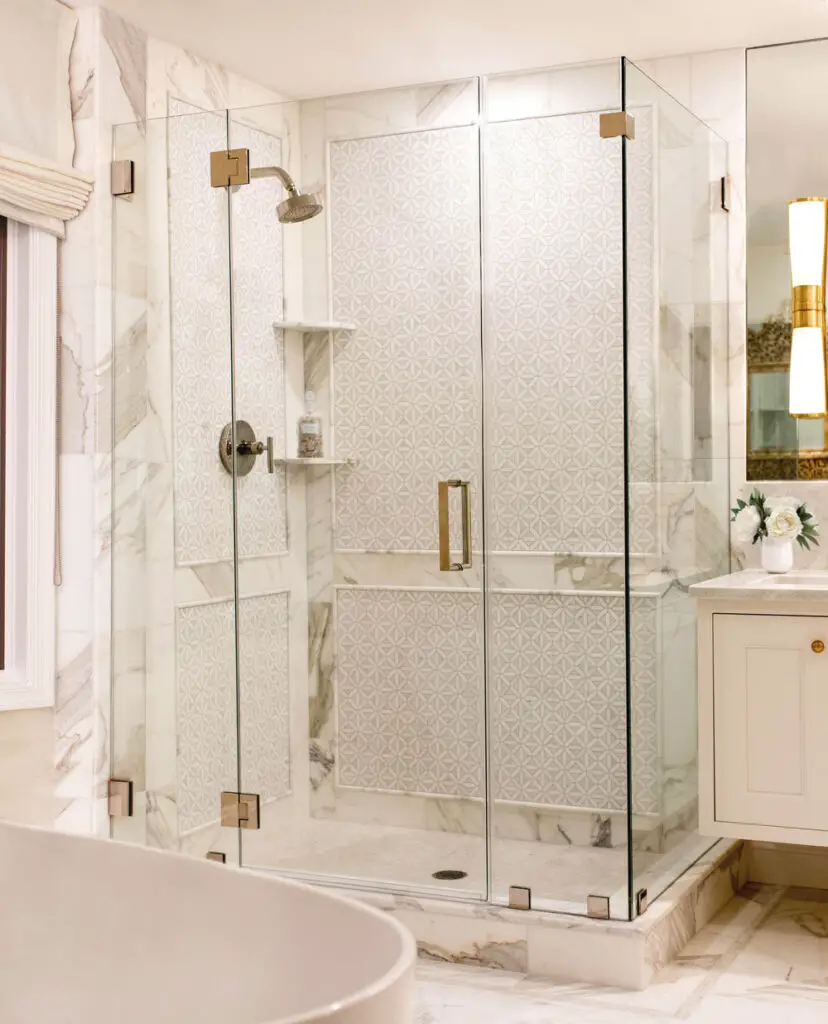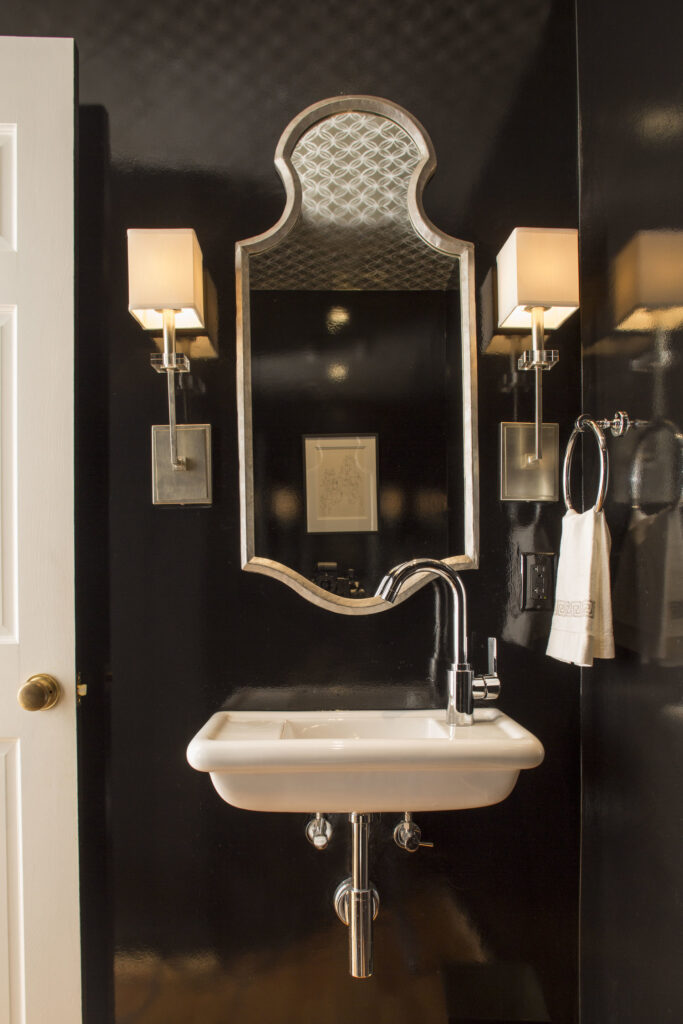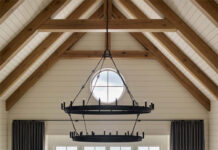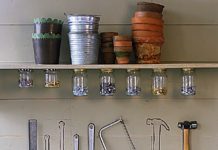
Water is essential for human life. However, the quality of water may vary from place to place. Some areas might experience periodic droughts that can reduce water supply, while other places might have high CO2 levels or heavy metals in the water supply. whole-house water filtration systems are great ways to improve the quality of drinking water and remove contaminants from it at the same time.
Remember that the installation of such units in your property is surely beneficial for your health.
Now, let’s take a closer look at the fundamental benefits of filtration systems for the whole-house:

Reduced Risk of Disease
Many people in the world don’t have access to clean drinking water. This can lead to a range of health issues, including a reduced risk of disease. Studies have shown that drinking water with a low level of contaminants can reduce the risk of cardiovascular disease, type 2 diabetes, and certain types of cancer. This is because drinking water with low levels of contaminants can reduce blood pressure and cholesterol levels, leading to a reduced risk of cardiovascular disease.

Improved Comfort And Health
If you have health issues related to drinking water, then installing a water filtration system can improve your health. It can help prevent a range of health issues, including mouth and gum disease. Heart disease, kidney disease, and certain types of cancer can also be prevented by drinking clean water. This is because water impurities can corrode your plumbing and increase your risk of developing these health issues.

Saving Money On Bottled Water
Bottled water is often expensive and has to be refrigerated. If you live in a place where clean drinking water is hard to come by, then you might want to consider installing a whole-house water filtration system. This can help you reduce your monthly water bill. If you don’t have a filtration system, you may end up paying an extra 50 cents per gallon for bottled water. This can add up to hundreds of dollars per year.
Increased Property Value
If you live in an area where the water is not clean, then this can impact your property value. Many people consider this when they decide whether to invest in a whole-house water filtration system. It is important to note that this is not a certain way to increase your property value. You can also choose to improve the value of your property by adding a filtration system to it. If you have a lake house, municipal water might have high levels of iron and other minerals. This can leave large circular marks on your house and negatively impact its value. A good water filtration system can help remove iron from the water and prevent this from happening to your lake house.
Reduced Maintenance Costs
Having a water filtration system can reduce your maintenance costs. In areas where the water is clean, you don’t need to think about chlorine or water treatment. This can help save you money on maintenance and improve your property value. In areas with a poor water supply and high levels of minerals and bacteria in the water, you might need to regularly treat the water.
Conclusion
Although most people assume that a whole-house water filter system must be expensive, this isn’t true. These units can be purchased for as little as $1,000 to $2,000. They are not just great for removing harmful contaminants from the water. They can also improve water quality and increase your water’s utility by reducing iron and mineral buildups in pipes and appliances.
If you’re interested in a whole-house water filter system but are on a tight budget, then you may want to consider a reverse osmosis system instead. While these systems do use the same technology as whole-house systems, they typically cost less and don’t require a large upfront investment.























